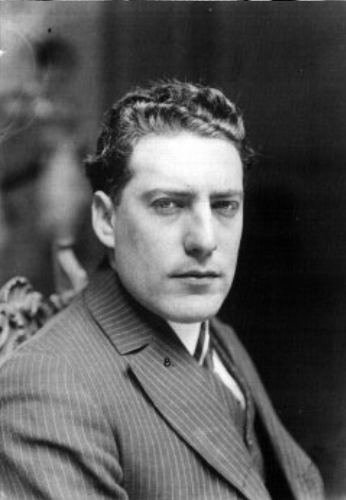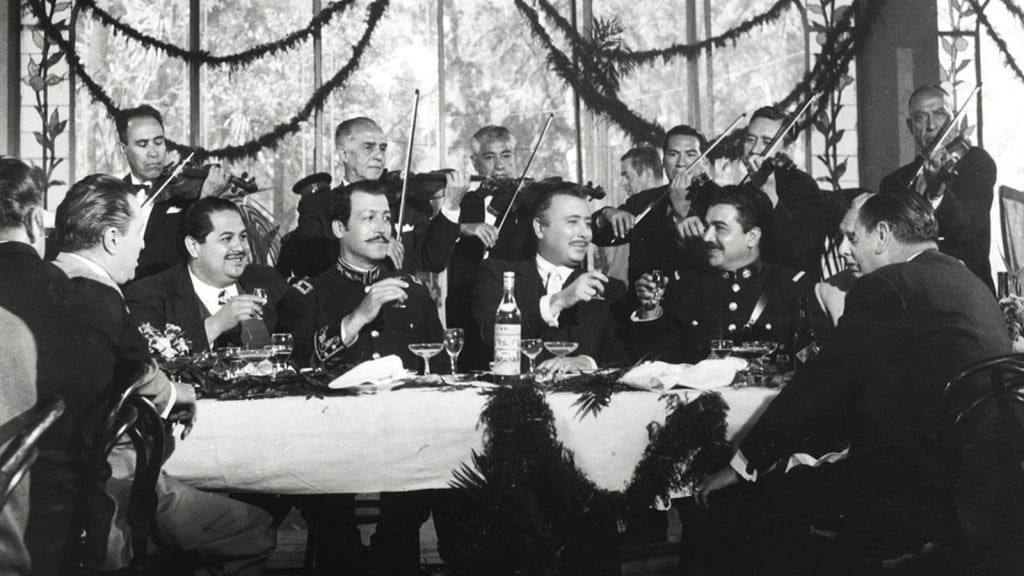Life of Mexican novelist and journalist Martín Luis Guzmán
Martín Luis Guzmán is widely acclaimed as one of the most important writers of the Revolution, praised for his intelligence, the precision of his narrative, and his passion in describing the evils of power.

Born in Chihuahua on October 6, 1887, Martín Luis Guzmán is considered one of the most important writers of the Revolution, acclaimed for his intelligence, the precision of his narrative, and his passion in describing the evils of power.
Son of the Porfirian military officer, Colonel Martin Luis Guzman y Rendon who died in the early stages of the Mexican Revolution fighting against the Maderista forces. He never shares his father's vision and beliefs, so he adheres to Maderismo, participates in the demonstrations demanding Diaz's resignation, denounces the coup plotters in the disastrous days of the Decena Trágica, describes the horrendous murder of Francisco I. Madero in the newspaper El Honor Nacional and finally joins the ranks of Francisco Villa.
Martín Luis Guzmán studies at the National Preparatory School, protests together with the members of the Ateneo de la Juventud to demand a scientific and philosophically open education; he comes into contact with Julio Torri, Pedro Henríquez Ureña, Alfonso Reyes, Antonio Caso, and José Vasconcelos. Martín Luis Guzmán interrupted his law studies at the National University due to the outbreak of the Revolution.
Due to Victoriano Huerta's coup d'état and his opposition to the election of Plutarco Elías Calles, he went into exile on several occasions; he traveled to Cuba, the United States and Europe; in 1915 Martín Luis Guzmán published his first book La querella de México in Spain; in 1920 he published his second book A Orillas del Hudson in New York and many others followed: El águila y la serpiente, Memorias de Pancho Villa, Muertes históricas and the most famous and censored: La sombra del caudillo ("The Shadow of the Caudillo").
"Art has to be, above all, a flattery to the senses". - Martín Luis Guzmán's famous phrase.

La sombra del caudillo, published in 1929, is a political novel inspired by the death of General Francisco Serrano in Huitzilac, and the intrigues and assassinations of the Plutarco Elías Calles regime; it is the most profound and implacable critique of Mexican politics. In 1960 it was made into a film by director Julio Bracho, it was shown at the Karlovy Vary International Film Festival and received a special award. The film was censored for 30 years, finally, on October 25, 1990, it was released commercially at the Gabriel Figueroa theater.
Martín Luis Guzmán is the first head of the National Commission for Free Textbooks, the Mexican ambassador to the United Nations, a member of the Mexican Academy of Language, the National Prize for Sciences and Arts in Literature, and Linguistics, and founder of the Tiempo magazine. He died on December 22, 1976, at the age of 89.




